Aluminate
Aluminate Magazine Fall 2019
Pride Week: Collaborating Across Campus Featured story by Dr. April S. Callis, LGBTQ Center Assistant…
August 26, 2019
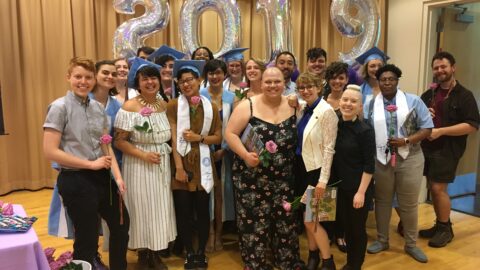
Aluminate, News
Aluminate Magazine Fall 2017
Letter from the Director Greetings, The LGBTQ Center staff are excited to embark upon another…
December 19, 2017
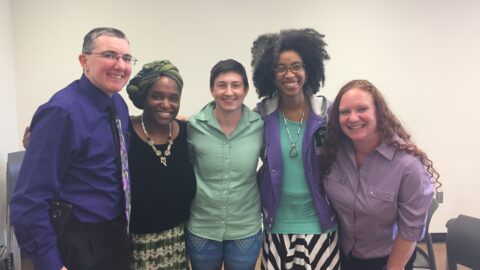
Aluminate, News
Aluminate Magazine Fall 2015
Letter from the Director In many presentations that I’ve given since the Supreme Court ruling…
November 19, 2015
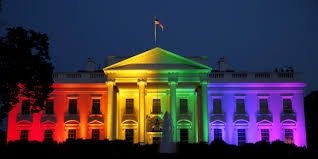
Aluminate, News
Aluminate Magazine Spring 2015
Letter from the Director “Organizing is what you do before you do something, so that…
June 18, 2015
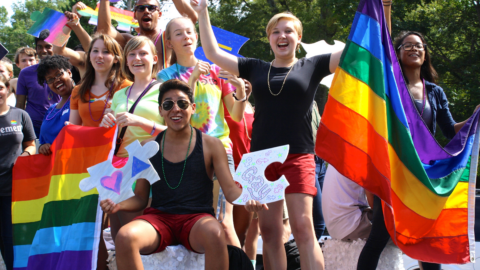
Aluminate, News
Aluminate Magazine Fall 2014
Letter from the Director The news that has had everyone’s attention of late is that…
December 17, 2014

Aluminate, News
Aluminate Magazine Spring 2014
Letter from the Director This year we are celebrating the 10th anniversary of the LGBTQ…
April 28, 2014
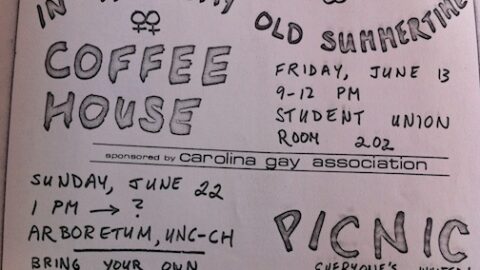
Aluminate, News
- 1
- 2